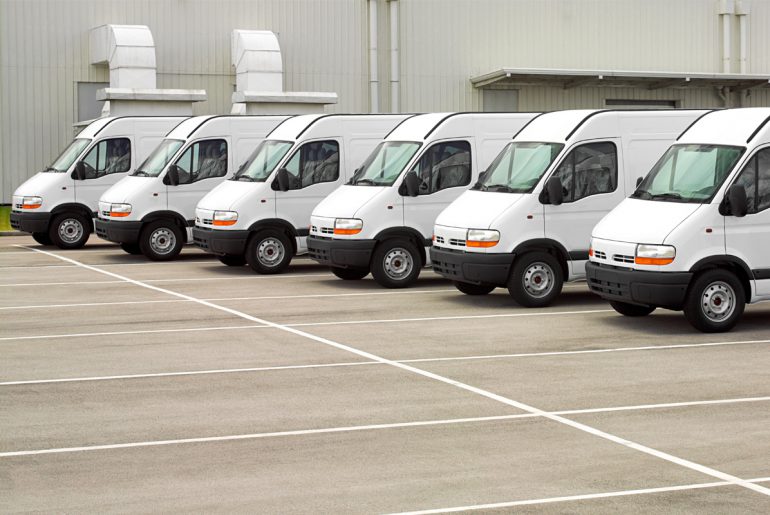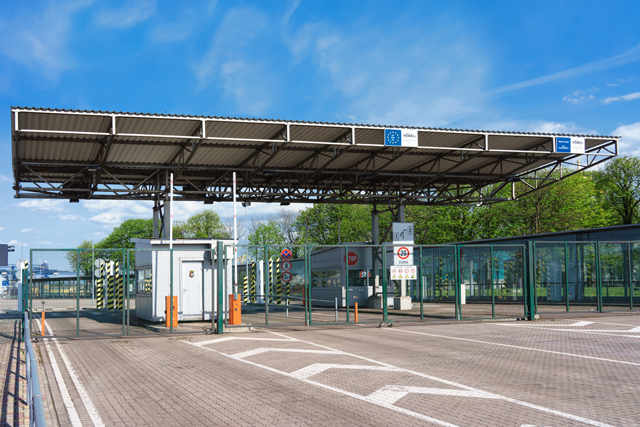There are days when you know it’s going to be a long one; you need to pick up the dry-cleaning, get the kids to school, tackle all those meetings at work, grocery shop for dinner, and still find time to address all those emails sitting in your inbox.
Thankfully, we live in a caffeine obsessed society where coffee gives many the extra boost needed to tackle their workload. And since these bags of beans reign supreme ( ground coffee particularly secured 45.8 percent of industry retail sales in 2016) it’s only fitting that it receives its own national day of recognition on September 29.
For companies like Lacas Coffee Co. though, every day is National Coffee Day. According to the coffee co.’s website, the Pennsauken, New Jersey-based business remains one of the nation’s longest running independent coffee roasters and continues to distribute its finely crafted coffee products to fellow businesses and customers today.
However, whether it is coffee beans, pizza, or even organic honey, for many food and beverage businesses, the journey of goods from facility to consumer can often be the toughest. The final task of transporting multiple products on multiple trucks to multiple customers yields a bevy of challenges including, but not limited to:
- pre-planning routes that will allow each vehicle to deliver as many products as efficiently as possible
- planning for service calls to maintain equipment and deliveries easily and always assign the best available resource
- mapping out several routes quickly on a daily basis
- developing an appropriate time frame for delivery, and ensuring that products arrive on-time to ensure customer satisfaction
And like with coffee, which has seen an annual increase of about 5.6 percent between 2013 and 2018, the cost of transporting goods on the last mile has been shown to have steadily risen as well. In fact, on a per mile basis it is generally more affordable to travel between cities than merely commuting within one.
Since the costs associated with the delivery process show no sign of slowing down anytime soon, it is all the more important to find a way for food and beverage businesses to cut down on extra money spent unnecessarily during those trips from warehouse to doorstep.
Naturally, failure to execute any of the following tasks could lead to total disaster, and ultimately cost operating in the field time, money, and perhaps most importantly, their customers.
The good news is there is a solution for how coffee businesses can organize the chaos and even increase the productivity of managing their delivery fleet: WorkWave Route Manager.
While this route planning software allows businesses to make sense out of the tangled web of daily deliveries, it also:
- allows planners to easily modify deliveries and routes in real-time
- increases the efficiency of their routes which saves time and money, and keeps the routes realistic so drivers remain happy as well
- provides transparency to customers on the receiving end of the transaction, allowing for on-time deliveries, but also decreasing the window of time customers would need to be available in order to receive their orders
In a market the continues to see increasing competition (about 191,000 compete in the courier and local delivery service industry alone) it becomes essential for these food and beverage businesses to also make their way into the market and become fluent in last mile route planning. Not only will doing so ensure that these businesses secure a customer base that orders products from them directly, but it also eliminates the cost and need of outsourcing delivery services.
With WorkWave Route Manager, these businesses no longer have to brew over unexpected obstacles and wasted time during the delivery process. They can instead remain in-control of how their goods are delivered, reduce the difficulties experienced when on that last mile, and truly maximize their time so they may focus on sharing their products, like a fresh cup of coffee, with even more customers.




